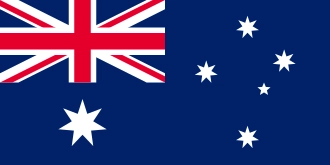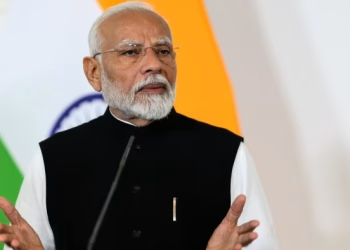Washington/Doha — President Donald Trump has signed an executive order pledging that the United States will use “all lawful and appropriate measures—including diplomatic, economic and, if necessary, military” steps to defend Qatar against armed attack, in a move that echoes aspects of NATO-style security guarantees and immediately ignited controversy in Washington and the Gulf.
The order, unveiled days after Trump rolled out a 20-point Gaza plan, elevates security ties with the gas-rich state that hosts the Al Udeid Air Base and has acted as interlocutor with Hamas. It also follows Qatari fury over recent Israeli strikes targeting Hamas figures on Qatari soil and Tehran’s earlier retaliation linked to U.S. actions against Iranian nuclear sites. Doha welcomed the pledge as “an important step” that deepens a “close defence partnership.”
Critics questioned both timing and authority. Former U.S. ambassador to Israel Dan Shapiro said the commitment made little sense absent concrete Qatari steps to secure Hamas’ assent to a Gaza deal—or to expel its leadership if talks fail. Israeli media framed the order as de facto protection for Hamas leaders resident in Doha, a claim Qatar rejects.
The edict’s breadth—promising potential U.S. military backing if Qatar is attacked—invited legal scrutiny because it bypasses Congress. Under the War Powers Resolution, lawmakers must be consulted before committing forces; an executive order can be modified or revoked by a future president and does not create a treaty obligation. Democrats signaled oversight, while parts of Trump’s own base blasted the move as at odds with “America First.”
Regional analysts said the signal could steady jittery Gulf partners amid cross-border Israeli strikes and doubts about U.S. security guarantees. Some expect Saudi Arabia to seek similar language. “It goes some way toward reassurance,” said Firas Maksad of Eurasia Group, while warning of knock-on demands.
Ethics questions also flared. The Trump Organization recently agreed to a Trump-branded golf resort in Qatar with a Qatari state developer, and Qatar donated a 747 slated for Trump’s post-presidential library display—ties watchdogs say raise conflicts. The White House dismissed the claims, noting Trump’s assets are in a family trust and asserting there are “no conflicts of interest.”
The order lands as Hamas reviews Trump’s Gaza proposal. Whether the pledge secures Qatari leverage with the group—or locks Washington into an open-ended security commitment without congressional buy-in—will shape both the diplomacy around Gaza and the future architecture of U.S. guarantees in the Gulf.





















